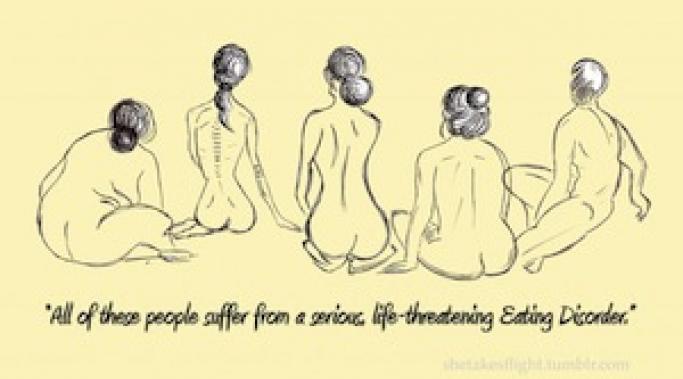Blogs
Addiction is a particularly destructive thing. Addictive behavior is often thought to center around drug use or a particular behavior, which I believe, to some degree. However, there are many that think that addiction goes much deeper than that.
If you told one of your friends that you had cancer, there is almost no chance that they would respond with ‘oh, it’s probably all in your head.’ But for some reason, that is a common sentiment when it comes to mental illness. Especially the less ‘in-your-face’ ones such as depression and anxiety.
Apparently, getting a correct adult ADHD diagnosis the first time you see the doctor isn't so easy. It's not unusual for someone with adult ADHD to be misdiagnosed once, twice, even more times than that before getting a correct diagnosis.
How many therapists does it take to turn on a light bulb?
I am a Doctor of Physical Therapy student and, in December, I completed my second semester of coursework focusing on basic science and interviewing patients. Several things struck me during this past semester and one really had me thinking about my own journey with doctors of psychology.
What a CEO Scandal Can Teach Us About Setting Limits
What can happen when no limits are set? More Than Borderline's, Becky Oberg, tells the story of an Indianapolis CEO's fall from grace and explains why setting limits now can save us trouble down the road. Watch.
Recently I was contacted by someone who was unfortunately going through a divorce. He felt that his spouse left him because he was bipolar. He asked me the question that so many people with a mental illness have asked themselves: I’m bipolar – will anyone ever love me?
Well, I can’t tell the future, but I do know a few things about love.
I thought of three reasons why it's hard to have a romantic relationship when you have a mental illness. Three? Perhaps 100 reasons is more realistic. 100 reasons sound about right, but then this post would feel like reading a bad romance novel. That said, I want to focus on the biggest reasons why romantic relationships with mental illness are so difficult and how they connect to the smaller reasons--like a web of very bad dates.
Yeah, okay. It's National Eating Disorders Awareness Week. What's there to be "aware" of? We all know that eating disorders are for vain, pretentious teenage girls. It's just a stage. They'll get over it. And it's not like being "too thin" is going to kill you. That's what everyone believes, right? Everybody has heard of eating disorders at this point, so why are we taking a week to specifically "make people aware"?
The truth is every experience you have - both the bad and the good - impact your brain in important ways by creating a physiological environment as well as neural pathway structures.
You already know how trauma has negatively impacted you and led to uncomfortable and even painful feelings and body experiences. Have you considered the beneficial impact of positive experiences and how they can help you feel better?
After mental illness strikes a family, can a family get happiness back? Can they bond again? These are worrisome concerns because, after all, having a loved one with a serious mental illness like schizophrenia or bipolar disorder can put a lot of stress on family members and change family dynamics.
Therapist Emily Roberts explains the role of self-esteem in the development and treatment of eating disorders. Her insight through work in clinical treatment centers provides expert knowledge on preventing eating disorders and increasing self-esteem.








